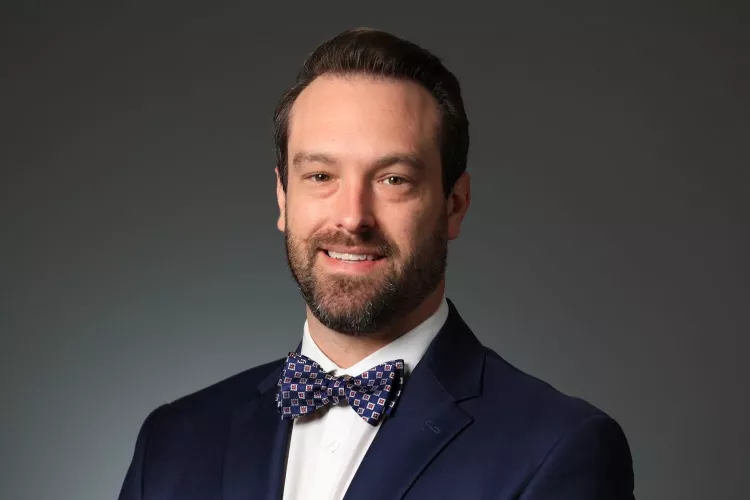Trusted messages key to counter community concerns during disease outbreak
October 2, 2024Utilizing messages focused on images created by local artists and written information communicated through local dialects proved essential to counter misperceptions during the Ebola epidemic in Sierra Leone, according to a study conducted in part by Muriel J. Harris, PhD, associate professor, University of Louisville School of Public Health and Information Sciences, Department of Health Promotion and Behavior Sciences.
Targeted on two Ebola ‘hotspots’ in Sierra Leone, urban Freetown and the rural Bombali district, the study involved engaging the community in the development of Ebola messaging to address common concerns about the disease.
Harris, who collaborated on the project in 2014 through her work with principal investigator
[caption id="attachment_38411" align="alignleft" width="240"] Muriel J. Harris, Ph.D.[/caption]John Kinsman, PhD, Umea University, and the Centre for Health and Research Training, Sierra Leone (CHaRT-SL), says health officials realized the top-down messaging strategy wasn’t working. New communication needed to be developed around numerous concerns, including the perception of disrespectful treatment of Ebola victims and bereaved families by burial teams; fear of ambulances with regard to driver competency and air flow within the vehicles; and fear over the use of chlorine procedures within ambulances and of use by burial teams.
To ensure their findings were utilized and implemented appropriately, the researchers recommended using trusted messengers to engage in two-way communication and assigning appropriate officials to listen to community concerns during an outbreak. A report was then presented to the Ministry of Health.
“The recommendations could be far-reaching as they represent an evidence-based approach to message development and implementation during public health emergencies, including other infectious disease outbreaks,” Harris said.
Harris helped design the study methodology and also took part in final data analysis. The article, “Development of a set of community-informed Ebola messages for Sierra Leone,” published recently in PLOS Neglected Tropical Diseases.
The research was funded by Elrha’s Research for Health in Humanitarian Crises (R2HC) Programme, which aims to improve health outcomes by strengthening the evidence base for public health interventions in humanitarian crises. The R2HC Programme is funded equally by the Wellcome Trust and the UK Department for International Development.
Julie oversees digital content for the Office of Communications and Marketing. She began her UofL career on the Health Sciences Center campus. Prior to this, Julie was a journalist with WFPL (Louisville Public Media), and occasionally filed reports for National Public Radio.
Related News



